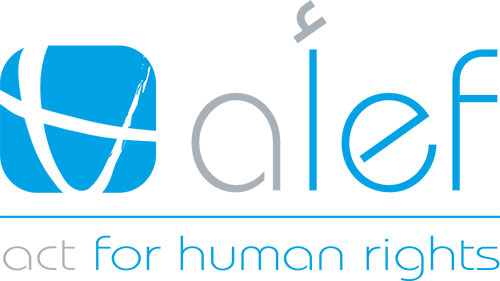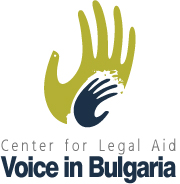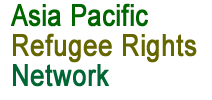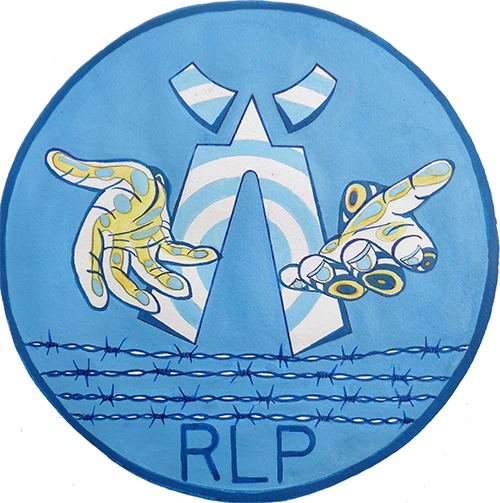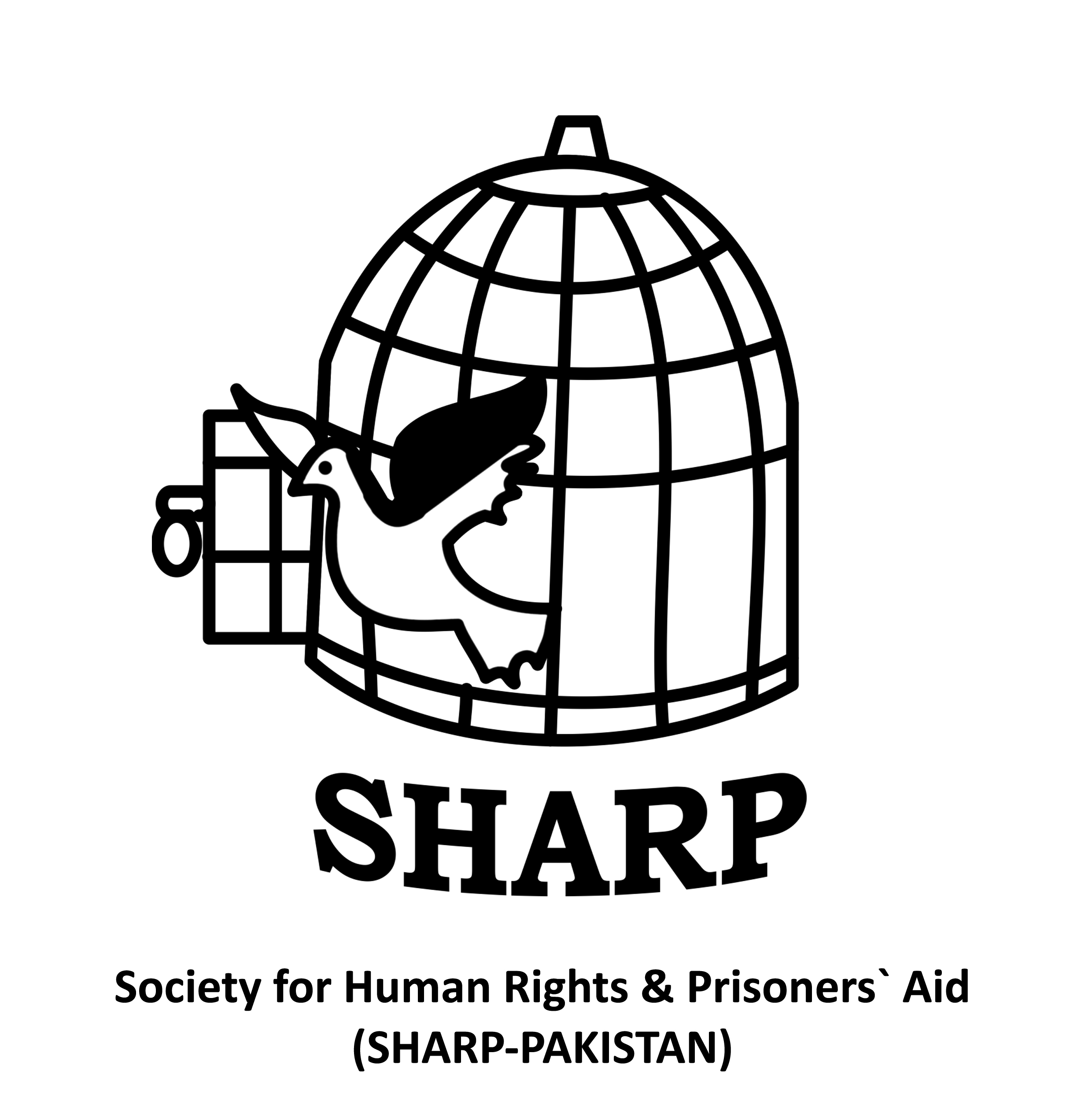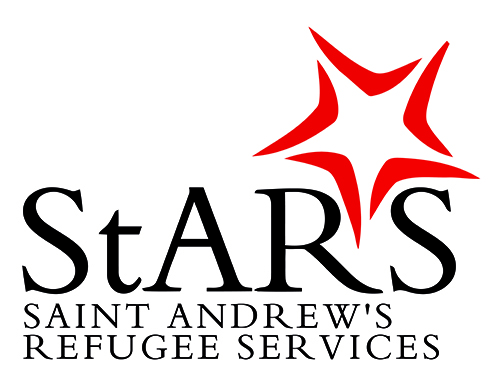Legal rights are at the core of refugee protection. Fridtjof Nansen, the world’s first High Commissioner for Refugees, defined “legal recognition” as paramount to normalizing refugee situations. Legal status and access to legal recourses are fundamental to progressive refugee policy, the pursuit of durable solutions, the enjoyment of basic rights in exile, and the protection of those under threat.
While the 1951 Convention on the Status of Refugees and its 1967 Protocol provide an international framework for protection of refugee rights, not all states have ratified the documents or obliged themselves to the responsibilities defined there. While debates continue over “common law” interpretation of some articles, there is broad variance in the interpretation and application of refugee rights depending on the state, geography, legal and political systems, and the qualification of adjudicators, representatives, and civil servants.
Policy Recommendations
The policy paper developed by the Legal Rights and Asylum Working Group encourages stakeholders at international, regional, and national levels to concentrate their efforts towards ensuring consistent, accessible, substantive, and effective legal protection for refugees and asylum-seekers based on international law and national best practices.
You can access the policy paper here.
You can access the background paper for the Legal Rights and Asylum Working Group here.
Working group members
The policy recommendations developed by the Legal Rights and Asylum Working Group are based on inputs from 12 organizations, including three refugee-led organizations, eight national organizations and one international organization, from eleven countries: Pakistan, Turkey, Lebanon, Kenya, Ethiopia, France, South Korea, Ecuador, Thailand, Bulgaria and Egypt. The following organizations participated in the policy development process:
